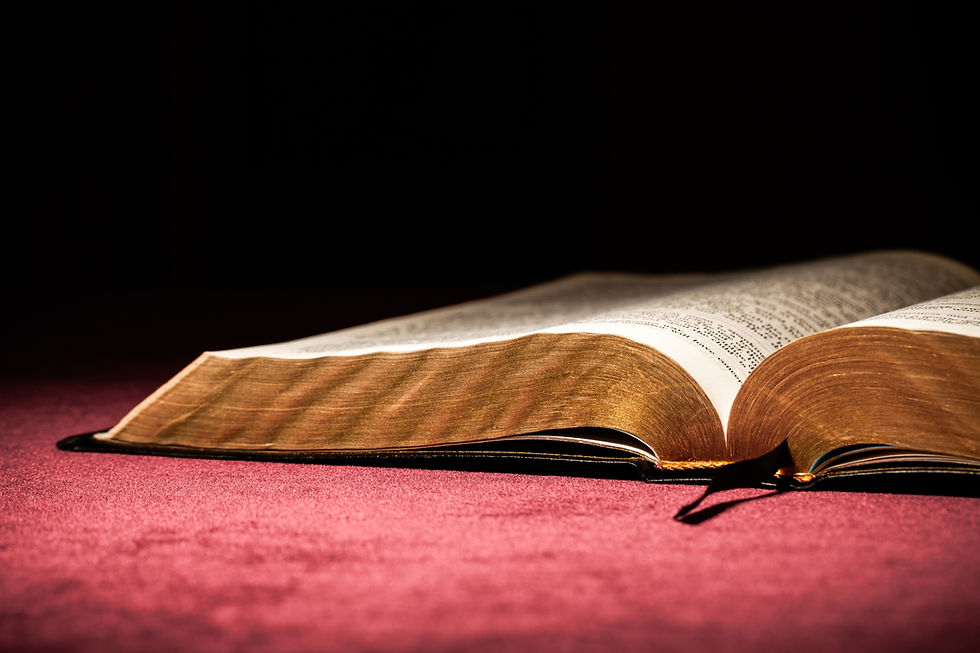Check Out Our New Runyakitara Translation Services
- lana8998
- Jan 30, 2023
- 3 min read
Updated: Aug 23, 2023

There are a lot of languages in Africa—estimates put the figure at around 2000. At the national level, most African countries speak a non-indigenous lingua franca, the most common being English, French, and Arabic, but at the community level, many Africans still speak their local, tribal language as their first, which makes for a great deal of linguistic diversity within African countries and all across the continent. Uganda, located in East Africa, is a good example, as the nation is home to more than 70 languages.
Uganda uses English and Swahili as national lingua francas, with English predominant in the Bantu-speaking south and Swahili preferred in the Nilotic-speaking north. Many of Uganda’s 70+ languages come from the Bantu language subfamily, which accounts for most languages all across sub-Saharan Africa, and one of the most prominent is Runyakitara. Around 5 million people “speak” the language, or more accurately, they write it—it’s a standardized hybrid language used at Ugandan universities. Despite the relative prominence and prestige of Runyakitara, however, translation agencies rarely offer translation services for the language, and that’s how we differ. We’re proud to present our Runyakitara translation services for anyone who needs them.
How about checking out a free quote for our Runyakitara translation services? Send us a message today!
Runyakitara: Tying four separate languages together
Runyakitara is unique in that it isn’t a natural language that’s developed over millennia—rather, it’s a hybrid written language created in the 1980s in an effort to consolidate four closely related southern Ugandan Bantu languages. Nyoro (Runyoro), Kiga (Rukiga), Nkore (Runyankole), and Tooro (Rutooro) are similar enough that they can be seamlessly combined into a new language that speakers of all four languages can understand. Before the emergence of Runyakitara, all four languages were relatively minor and overlooked, but thanks to Runyakitara, they’ve gained newfound prominence, with Runyakitara understood by as much as 20% of the Ugandan population.
Runyakitara and the four languages that comprise it come from the Bantu family, giving them a number of distinctive characteristics, including a complex noun class system wherein nouns are categorized by type and assigned a prefix, which is appended not only to the noun but also to adjectives, verbs, demonstratives, and other words that refer to the noun. Runyakitara is also heavily prefix-based, with few suffixes, another characteristic trait of Bantu tongues. For the finer details, Runyakitara draws from all four of its base languages and weaves them into a vibrant mosaic of linguistic wonder.
Trust us for all your Runyakitara translation needs.
With Runyakitara proudly standing as one of the most important languages in Uganda, particularly given its status at universities in the southwest of the African nation, the need for professional Runyakitara translation services could arise in any number of domains. Unfortunately, most translation agencies ignore languages like Runyakitara and limit their translation of languages in Uganda to English and Swahili. Not us—we’ve searched all over Uganda to find the best translation talent the country has to offer, and we’re eager to translate to or from Runyakitara, no matter what it is.
Our Runyakitara translators are native speakers of Nyoro, Kiga, Nkore, and Tooro, meaning we can translate not only Runyakitara but also the four languages it’s based on. Not only that, but the vast experience our translators draw on to consistently deliver high-quality translations allows us to cater to translation needs in all sorts of domains, from business and academia to literature and localization. Our Runyakitara translators can help local Ugandans break out into the wider world, whether that means taking business operations abroad, publishing academic research in international journals, or sharing literary works with the rest of the world. At the same time, we can help foreigners connect with Ugandans, growing their local customer base, interviewing locals for research purposes, finding a new audience for creative content, and more.
We’d love to translate your document to or from Runyakitara. Contact us today to find out how to get started!



